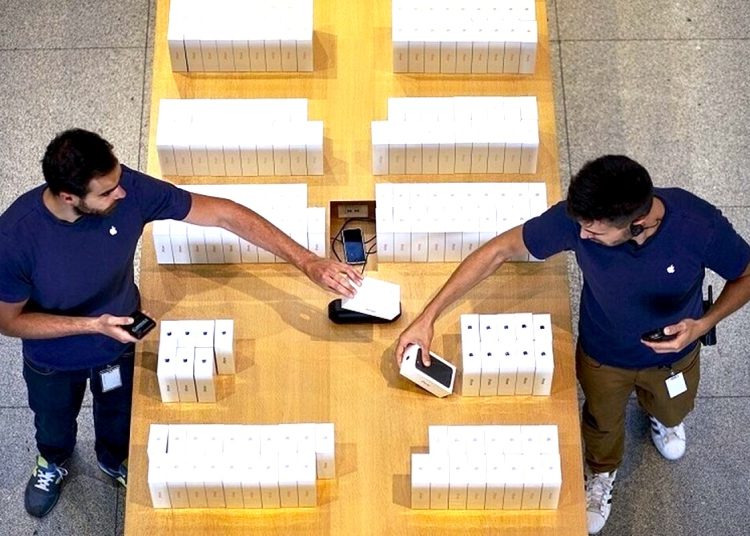On October 30, 2024, the Iranian government announced the lifting of the ban on registering iPhones, a development that has reverberated throughout the mobile phone market in the country. This decision, conveyed by Minister of Communications Sattar Hashemi, signifies a resolution to a long-standing issue, which had seen iPhones from model 13 and above banned from being registered for over three years. Hashemi emphasized that this resolution emerged through governmental unity and proactive measures by the Ministry of Communications.
Background of the Ban
The prohibition on iPhone imports and registration was implemented amid escalating economic pressures and currency fluctuations. The Iranian government sought to control market prices, support domestic production, and prevent currency outflow by restricting luxury imports, including the latest iPhone models. Consequently, the market faced significant disruptions, leading to confusion and inconsistency surrounding registration announcements, often followed by swift retractions.
The ban had significant repercussions for iPhone users. With the introduction of the iPhone 14, the government instituted challenges in registration. In the face of these measures, the consumers struggled with the reality of owning devices that could not be registered, leading many to purchase secondary phones to maintain connectivity.
The New Policy Announcement
The recent announcement concerning the resumption of iPhone registration has been met with mixed reactions. While it brings hope to consumers and mobile industry stakeholders, the stipulation of a 96% customs duty on iPhone imports poses a serious hurdle. This tariff is expected to double the retail prices of these devices, making them prohibitively expensive for the average consumer.
Implications of the 96% Customs Duty
The imposition of such a high customs duty raises critical questions about the accessibility of iPhones in Iran. Many consumers may find themselves unable to afford these devices, leading to a potential increase in the black market for iPhones. Industry experts warn that exorbitant tariffs might inadvertently encourage illegal imports, as consumers seek more affordable means to acquire the devices.
Furthermore, this situation risks perpetuating the cycle of unregistered devices within the market. As users navigate around registration challenges, the integrity of mobile services could be compromised, with individuals unable to access critical telecommunications functions or receive support services.
Public Reaction and Concerns
Public response to the lifting of the registration ban has been polarized. While many rejoice at the potential to access the latest technologies, concerns, specifically among some conservatives, linger regarding the broader socio-economic implications.
The opposition to the registration policy also extends to cultural critiques. Some conservative factions, exemplified by the daily newspaper Kayhan, question whether the prioritization of iPhone registration reflects a broader national agenda or simply caters to affluent consumers. These discussions often intertwine with broader sentiments regarding Western influences and their perceived detrimental effects on Iranian society.
Kayhan also referenced the mid-September explosions of thousands of pagers and walkie-talkies in Lebanon and Syria, labeling the registration as “licensing American bombs.”
Conclusion
Although the recent decision to lift the ban on iPhone registration in Iran offers a glimpse of renewed access to new models of iPhone, the accompanying high customs duties may limit its positive impact on the average consumer. As the government navigates the intricacies of this policy, the effectiveness of its implementation and the actual accessibility of these devices remain to be seen.






